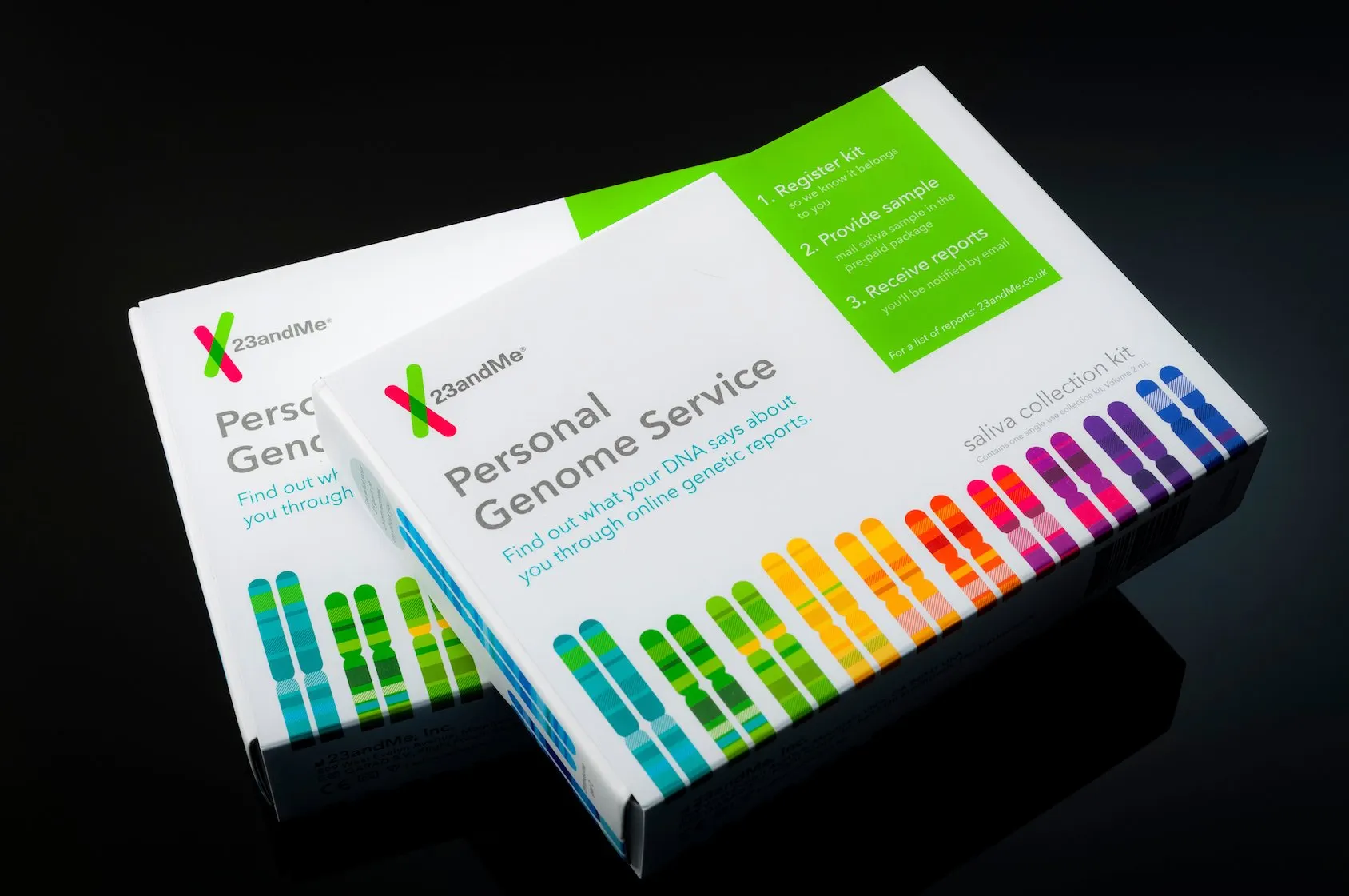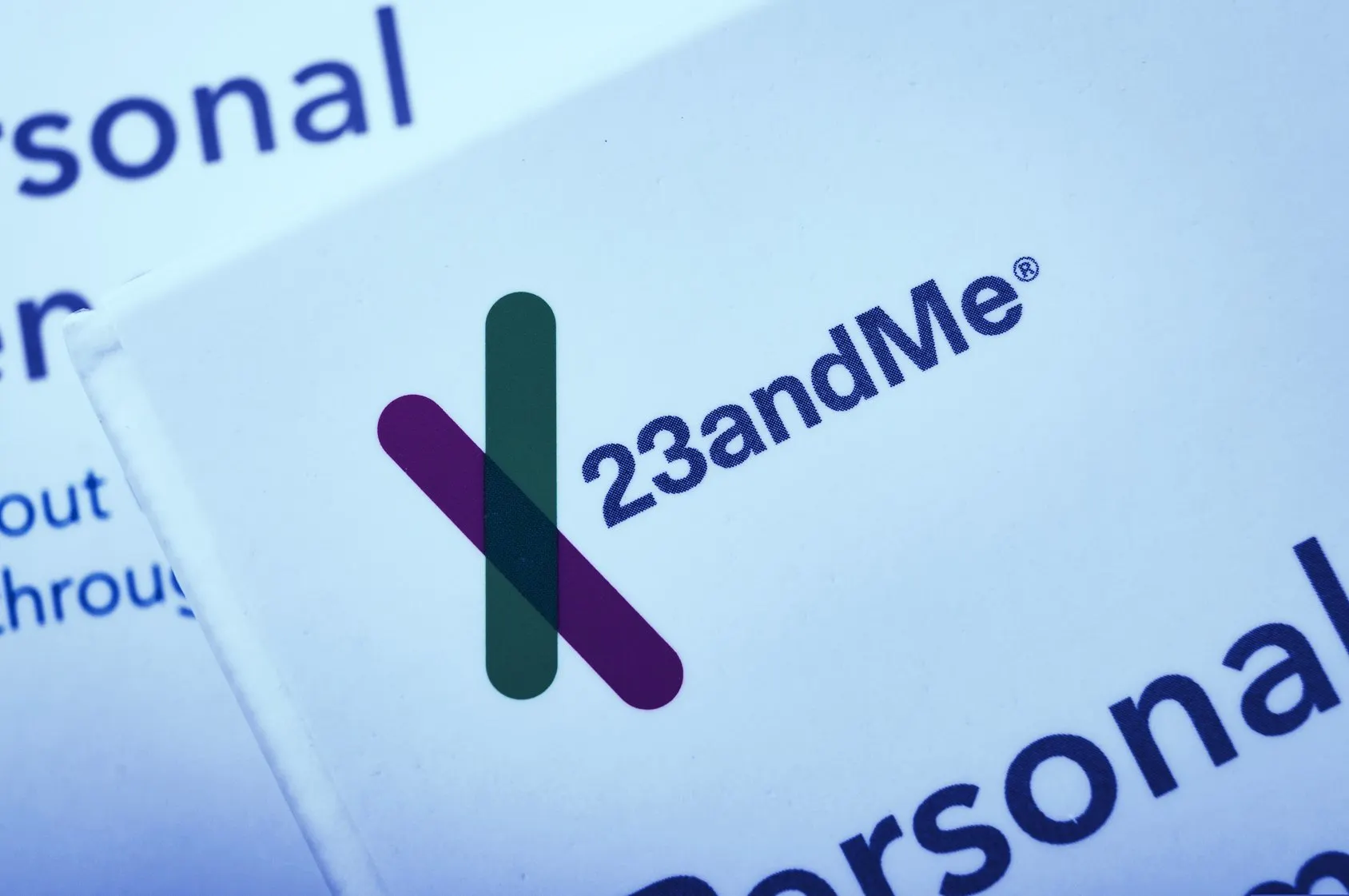More than 80% of people who use 23andMe’s DNA-mapping services give consent to have their data used for research. But how many of them know that the 23andMe business model depends on selling that data to third-party researchers?
It looks like a great business for 23andMe, Ancestry.com, and others in the genetic-mapping space. The global genetic testing market is forecast to grow from $4.6 billion in 2017 to $5.7 billion in 2022, and 23andMe is the market leader. Reuters estimated 23andme has made $130 million from just the data selling part of its business, thus far. It’s such a gold mine that in July, pharma giant GlaxoSmithKline took a $300 million stake in the company, and announced plans to use its “rich database” of DNA data. Though customer DNA data is anonymized, and the research is aimed at helping the drug company concoct new cures, some people are understandably freaked out.

EncrypGen, a Delaware-based genetic data marketplace startup, thinks there’s a better way. Cut out the middleman, allow consumers to sell their anonymized DNA direct to researchers, and use the blockchain to ensure that all the data is encrypted and secure.
“We’re going to create a free market with genomic data. It will bring the cost of research down because buyers of data won’t have to go to companies like 23andMe exclusively.” David Koepsell, EncrypGen’s CEO.
The idea, he explains, is to start with a DNA marketplace connecting data sellers to research companies. He believes that an open marketplace will find a good balance between allowing researchers to buy what they need, and remunerating DNA data sellers. Just as important, though, is that data sellers would control their personal data and know how it was being used.
To that end, Koepsell and his team are building a GeneChain marketplace where users on a permissioned blockchain can sell their genetic code to healthcare researchers via the ERC-20 token, “DNA”. The data is secured by SHA-256 encryption and researchers need to go through know-your-customer protocols before they can buy data.
The team’s token sale in July 2017 brought $2.7 million worth of funding, which is being used forge partnerships with other sequencing companies. Also, please note that if you want to do a 23andMe-style test to determine whether you are, in fact, a descendant of Ivan the Terrible, you will need to get a testing kit and swab your saliva.
EncrypGen have partnered with Mexico-based Codigo 46,which provides testing kits but does not sell the user data. Customers can buy the kits using the DNA token.
Koepsell said that in the future, GeneChain will also allow users to sell other forms of unique data, such as fingerprints and gut flora, to researchers. The human body, when reduced to its chemical elements, is worth $4.50. Who knows how much richer we will be when we can sell our DNA and other data.
Read Next: Ethereum Developers go it alone

